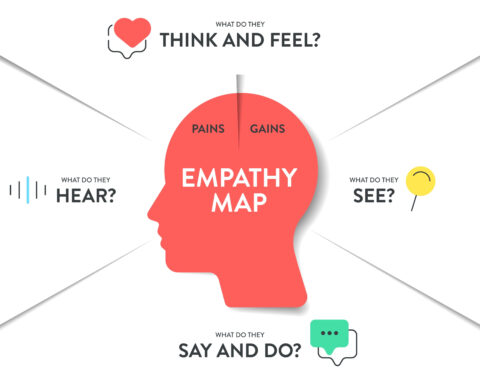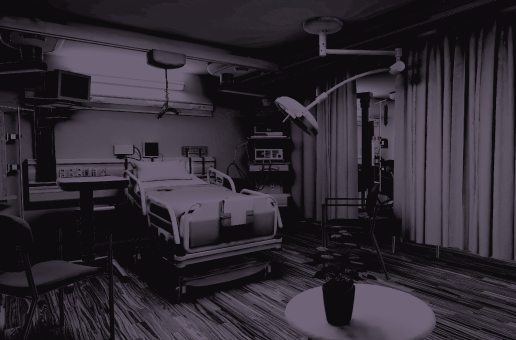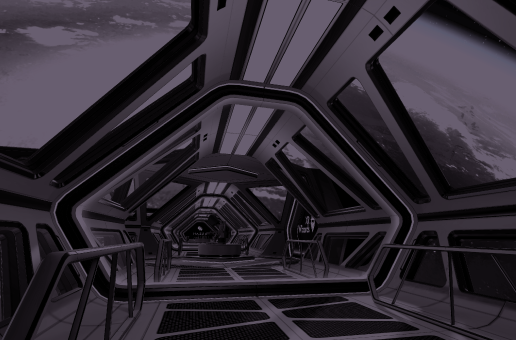Table of Contents:
Developing soft skills is very important for employees regardless of the industry they work in. Although soft skills, whether psycho-physical or social, have only recently been considered important in the recruitment process, they are now a significant advantage when applying for a job, as well as being useful in the performance of daily duties once a job has been secured. So, what does VR technology, or virtual reality, have in common with soft skills development? How is virtual reality soft skills training conducted? This article investigates to give you the answers.
What are soft skills?
Soft competencies are personal and interpersonal skills. They are psycho-physical traits and social skills that determine, among other things, how you behave, how you organize your work, and how you integrate with other people. As a result, they increase your value in the labor market and make it easier to perform daily duties. Examples of soft skills are:
- resistance to stress,
- communication,
- creativity,
- ability to work in a team,
- assertiveness,
- organization.
Virtual reality soft skills training – why is it gaining in popularity?
Virtual reality is a computer-generated image of artificial reality. Thanks to the possibilities of modern technology, it can resemble the real world. Experts agree that VR technology offers huge, even unlimited, possibilities for designing learning and development programs to train and improve employees’ soft skills in all fields.
Many companies have already discovered the potential of VR soft skills training. This type of training is prevalent because it takes place under controlled conditions. This means that those participating in the activity can make mistakes without suffering real-world consequences. This is because, with the help of VR for soft skills training, it is possible to move to an alternate world and develop appropriate habits under specific conditions. Through this, developing and testing the acquired skills – including soft skills such as cooperating in a group or controlling stress in a professional environment – becomes much more manageable.
Unlock the future with Mazer: Your innovation partner.
Virtual reality soft skills training – in what industries can it be used?
We can divide training courses by the types of skills they help us develop. For example, we have the opportunity to participate in hard and soft skills training. How do they differ? Hard skills training is professional and specialized. When participating in such training, we focus on acquiring and mastering specific skills that we will use at work, such as operating machinery. On the other hand, soft skills training develops individual qualities and abilities such as public speaking and negotiation techniques.
Virtual reality soft skills training is often used to train people working in difficult, stressful, or dangerous conditions. These techniques work well in such industries as sales, commerce, medicine, the military, PR, new media, and many others.
VR for soft skills training – discover the advantages
According to recent research, virtual reality soft skills training takes less time than traditional methods. This is because complete immersion in virtual reality engages all the senses and facilitates maximum focus. Because of this, the training material is worked through more quickly, and knowledge absorption is much more effective. Interestingly, VR soft skills training also affects the confidence with which trainees implement what they have learned. Another significant advantage is that virtual reality soft skills training is more cost-effective – knowledge is assimilated in a shorter period, so employees can almost immediately use it in their daily work.
Virtual reality will undoubtedly dominate the desktop training and e-learning market very soon. This is because adequately executed VR soft skills training includes both the essential elements of business knowledge concerning social situations and behavioral training under controlled conditions.
This is important from the point of view of both the employer and the employee because rapid and effective development of soft skills is the key to ensuring stable development and market success for any business.
Read also: Sales Training In Virtual Reality
How does virtual reality (VR) technology helps with soft skills development?
VR technology is a valuable tool for soft skills development. It creates immersive environments where individuals can practice and improve their stress management, communication, and teamwork, in a controlled and safe setting.
What advantages does virtual reality soft skills training offer over traditional methods?
Virtual reality soft skills training can be more time-efficient, engaging, and cost-effective compared to traditional methods. It allows for complete sensory immersion, facilitating faster knowledge absorption and increased confidence in applying learned skills.
In which industries is virtual reality soft skills training commonly used?
VR soft skills training is utilized in various industries, including sales, commerce, medicine, the military, PR, and new media. It can be especially helpful for employees working in stressful or challenging conditions where soft skills are essential.
Unlock the future with Mazer: Your innovation partner.








